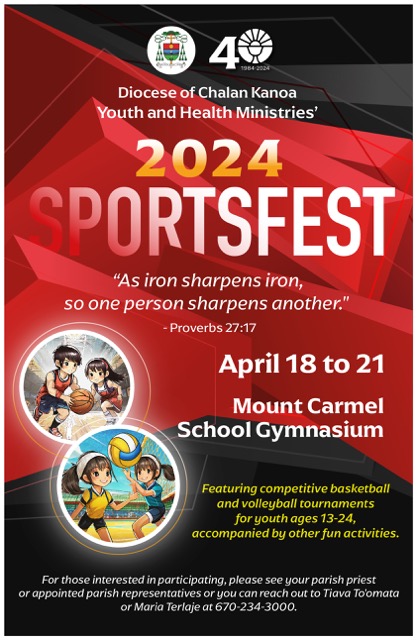As of this writing it is early September 2018. The burial of Senator John S. McCain occurred just a few days ago, after a week or so of memorial services honoring his memory. Over the years I have seen few world leaders receive such accolades and public honors as did Senator McCain. While the man was truly worthy of respect and admiration, it is my impression that much of the hoopla was to acknowledge the principles by which the man lived and to assert that those principles are still worth pursuing.
McCain grew up as the privileged son of a powerful American family. His father and grandfather were both Admirals in the US Navy. He attended the Naval Academy at Annapolis for college and was commissioned as an Ensign upon his graduation. He went on to flight school and eventually earned his wings as a Navy flyer. He was something of a party boy and rebel in college and the early years of his Navy career. What had the most profound impact on McCain was the five years he spent as a POW in North Vietnam. It was here that he experienced torture, pain, privation, and isolation. The experience also taught him self-sacrifice, courage and a willingness to commit to the common good, to sacrifice, even to the point of death for a worthy cause greater than his self-interest.
Eventually he was freed from prison. After a few more years in the Navy, it was clear that his war injuries would prevent him from reaching the professional heights of his father and grandfather, so he retired from a military career and entered politics. He was elected to the House of Representatives and not long after ended up in the Senate, where he stayed for the rest of his life. The funeral related TV coverage consistently reminded the audience that it was the harrowing experience of his POW years that tempered McCain and turned him into the principled statesman that America honored upon his death.
My father was a local politician during my growing up years and had learned the craft from his parents who were involved in local politics from the early decades of the 20th century. Growing up in that environment I learned two things about politics. First, a political party is just a vehicle for getting people elected to office. Second, principles matter. It appears that Senator McCain learned these same lessons as he grew up for they are obvious in the way he conducted his political career.
A political party is not a religion. It is not a tribe. It is not the basis for a person’s identity. It has only one fundamental purpose, get people elected to office. Different political parties may propose different positions on public policy issues to attract people with similar philosophies to work together to get like minded people in office to implement those policies. Yet, at the end of the day, political differences are not supposed to become wedges between neighbors. Indeed, a healthy political system is one in which people can debate their different political philosophies and public policy decisions openly, with great vigor, and continue to remember that they are all fellow citizens and neighbors striving to find the common good in every situation and see that it became reality. The role of a political party is to unite, not divide.
Principles matter. Our decisions have consequences, whether on the individual or communal level. When we come to a fork in the road our decision to go either right or left takes us down very different paths.

